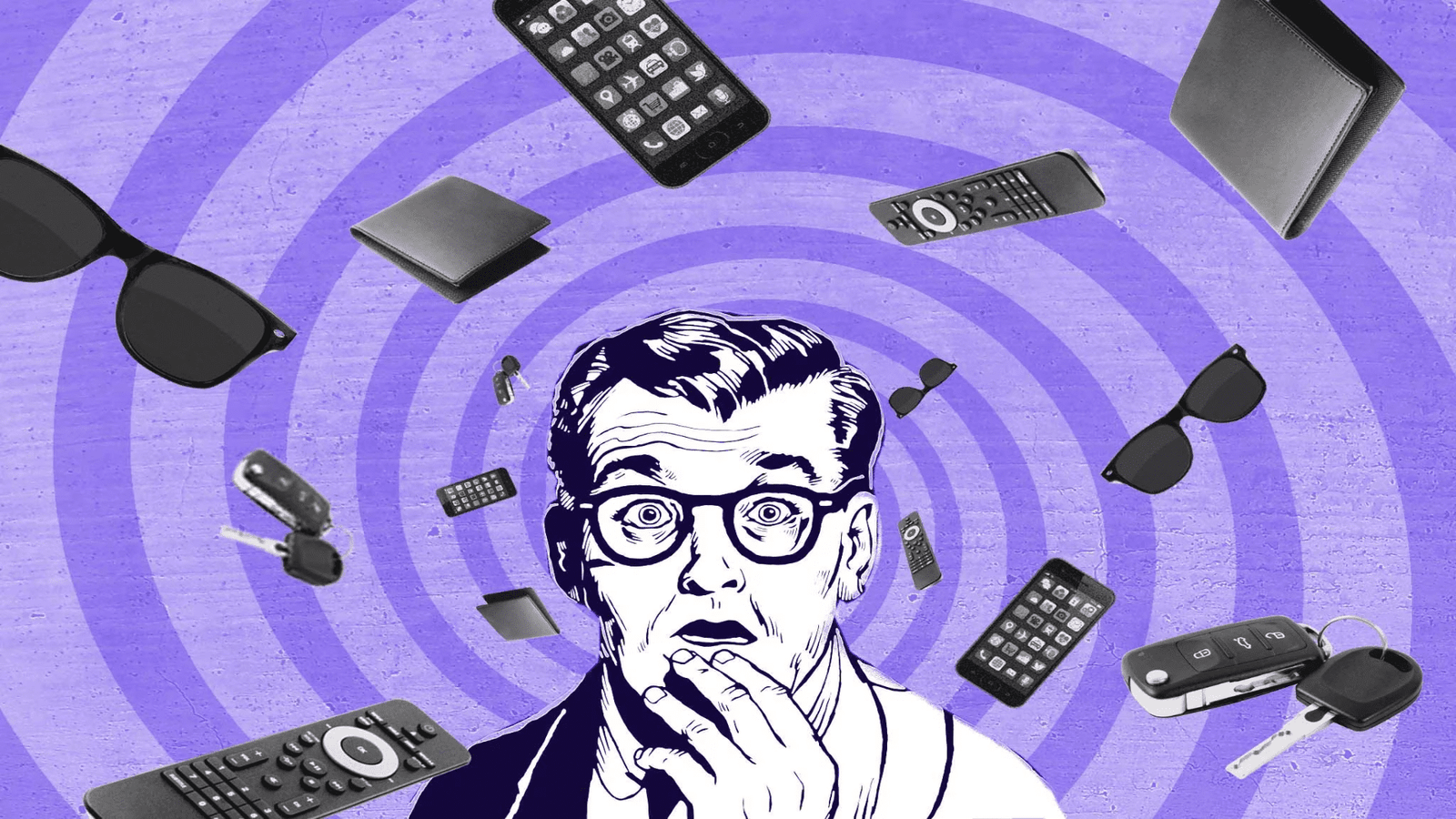WEB DESK: Have you ever misplaced your keys and worried about your memory? A new book by psychologists Dr Megan Sumeracki and Dr Althea Need Kaminske assures you that forgetting is normal and offers techniques to improve your recall.
Memory: More Than recording device
The authors debunk the myth of memory as a perfect record of the past. They argue that it’s more like a “Wiki page,” where details can be adjusted over time. This forgetting, they explain, is essential for the brain to focus on important general information.
Understanding memory can enhance lives
Sumeracki and Kaminske highlight the real-world impact of memory. They suggest that jurors benefit from understanding how memory works, as forgetting specifics doesn’t make a witness’s account unreliable.
Why can’t we always find our keys?
The book acknowledges our frustration with forgetting everyday items. However, they explain that our memory isn’t designed to remember mundane locations like where we put our keys. Ironically, if survival depended on it, we’d likely have exceptional spatial memory for water sources in a desert.
Read More: ‘Wonderful visual disaster’: Ahmed Ali Butt criticises SLB’s Heeramandi
Boosting your memory
“The Psychology of Memory” draws on cognitive psychology research to offer insights into different memory types and their impact on daily life. It explores how memory is affected by sleep deprivation, alcohol, and caffeine.
The book delves into the science behind short-term and long-term memory, explaining their functions. It dismantles the myth of memory as simply storing past events, emphasizing its role in remembering future tasks.
Strategies for stronger memory
Sumeracki and Kaminske suggest techniques to strengthen “event-based” recall, like leaving a reminder in your car to check the back seat for your child.
Retrieval practice: testing yourself
The book advocates for “retrieval practice,” where you actively pull information from memory. This could involve repeatedly using a new colleague’s name when addressing them.
Schema: organising information for recall
Chess players use “schema” to remember piece placements on the board. Schema helps organize new information, reducing strain on working memory. While becoming a chess champion might be a stretch, anyone can benefit from schema to store and recall complex information.
Memory techniques: from visualisation to deliberate practice
The book explores memory-boosting techniques like visualisation and auditory association to recall the order of playing cards. It stresses the difference between “regular practice” and “deliberate practice,” highlighting that deliberate practice requires focused attention for true mastery.
So, the next time you forget where you put something, remember, it’s not a sign of a failing memory, but simply your brain prioritising what’s truly important. With a few simple strategies, you can harness the power of your memory and unlock a world of better recall.






